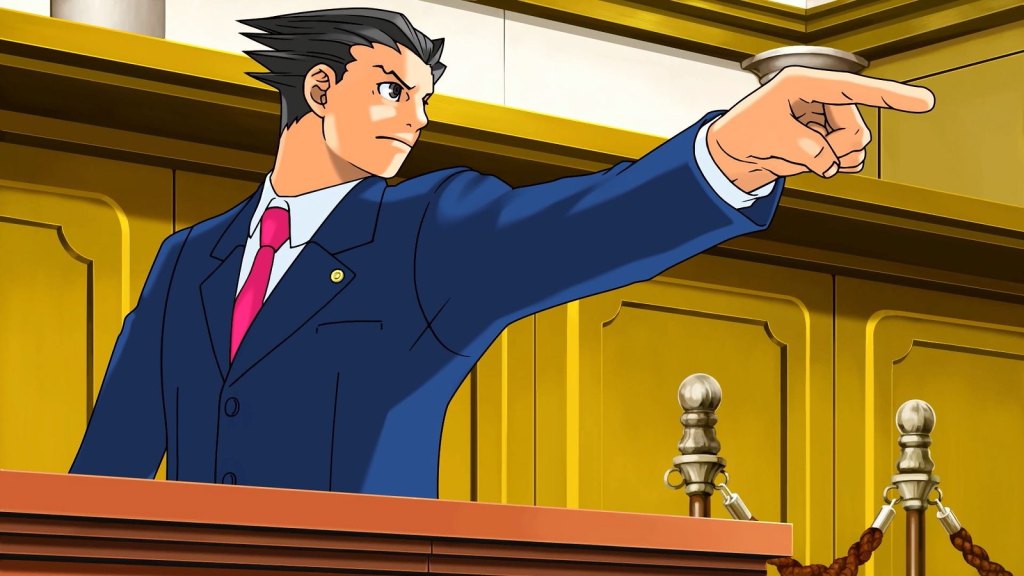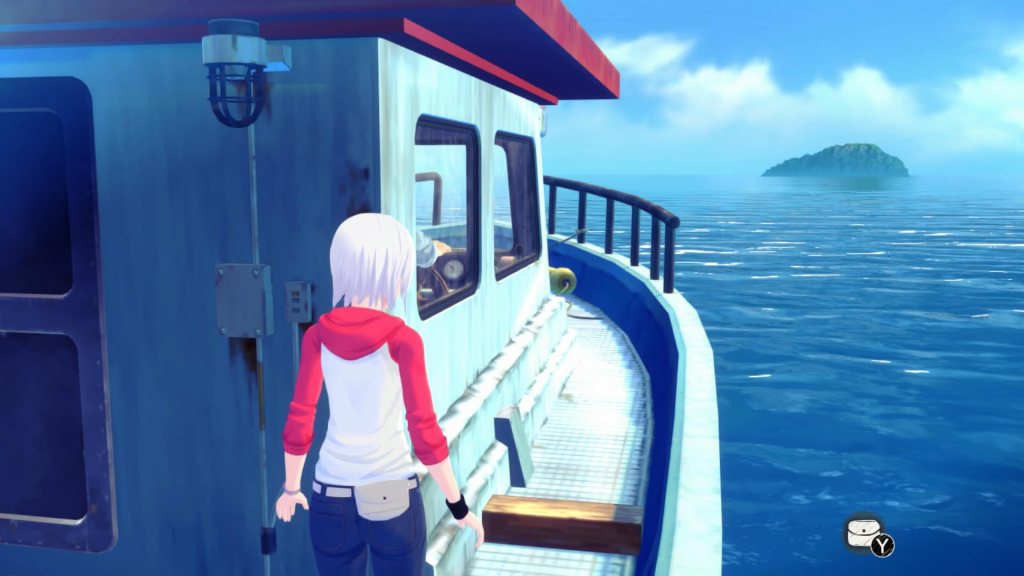On November 21st, 2004, the Nintendo DS made its debut in North America. Released in the region before anywhere else in the world, the system seemed like an unusual one for Nintendo. The company originally pitched the device as a “third pillar” that would be supported alongside the Game Boy Advance and Nintendo GameCube. With the system’s dual screen design and strange set of launch games, many people assumed the system was doomed to fail against the upcoming PlayStation Portable. Not only did that not prove the case, but the DS would end up becoming the most successful Nintendo system thus far.
Videos by ComicBook.com
At launch, Nintendo DS had a fairly bizarre library. Titles like Sega’s Feel the Magic: XY/XX and Ubisoft’s Sprung were a major departure from what fans had seen in the Game Boy Advance era. Meanwhile Nintendo’s Super Mario 64 DS showed the system’s technical jump over its predecessor, but the game felt limited due to the system’s lack of an analog control stick. However, as developers started to learn the system’s intricacies, the library quickly grew and added must-have games. With the DS, Nintendo made a concerted effort to appeal to casual audiences, with unique software like Nintendogs and Brain Age expanding the audience beyond typical gamers. Passionate fans were not left out though, as titles like The Legend of Zelda: Phantom Hourglass, Fire Emblem: Shadow Dragon, and Grand Theft Auto: Chinatown Wars targeted more experienced gamers.

What makes the Nintendo DS so impressive after two decades is just how much creativity the system inspired. Developers found an incredible number of ways to take advantage of the system’s design and features. Games like Ninja Gaiden: Dragon Sword had players hold the system sideways like a book, while WarioWare: Touched! had players blow into the mic for various minigames. Activision even figured out a way to bring over its then-popular Guitar Hero franchise, with a unique peripheral that could plug into the system’s Game Boy Advance slot to add four fret buttons. Some developers used the second screen to make it easier to see a game’s map, while titles like Thor: God of Thunder put the action on both screens to give the boss fights more scale. The system also helped sell audiences on genres that had been previously niche, with the Ace Attorney visual novels finding a huge following.
In 2004, gaming on mobile phones was very much in its infancy. The iPhone wouldn’t release until three years after DS, but it’s easy to see how touch screen-centric games like Pac-Pix and Pokemon Ranger would inspire the first generation of iPhone game developers. While touch screen controls have been largely abandoned by Nintendo (though not completely), the spirit of the DS and its software lineup continues in various ways. In fact, many of the system’s games have gotten a second lease on life. Games like Ghost Trick: Phantom Detective, Pokemon Diamond and Pearl, The World Ends With You, and Another Code: Two Memories have all received new releases over the last few years.

In many cases however, developers have had to alter or cut elements that relied on the DS system’s unique features. For that reason alone, Nintendo DS remains well worth revisiting, or playing for the very first time. While Nintendo Switch can faithfully replicate games that were first released on systems like Super Nintendo and the original Game Boy, there’s something lost when trying to revisit games that first came out on DS. For all the DS games that have made it to modern platforms, there are countless more that will likely never get that same treatment. In some cases, there are already versions of those games that can be played; it seems unlikely that Capcom or The Tetris Company will bother putting in the effort to bring over Resident Evil: Deadly Silence or Tetris DS when they already have Resident Evil (2002) and Tetris Effect: Connected readily accessible. That’s not to mention poor-selling but otherwise beloved games like Nintendo’s own Elite Beat Agents.
RELATED: Cancelled Pokemon Pinball and Other Unreleased Nintendo DS Games Leak
Two decades after its release, the legacy of Nintendo DS remains a strong one. In an era where all of the video game platforms are largely offering variations on the same thing, the Nintendo DS continues to stand out thanks to its interesting technical abilities, and the diversity of its library. As time goes on, perception of the system is only going to get better, as people continue to discover new games to appreciate. Every video game platform has its share of bad games, and DS is no exception. Not every game on the system was a hidden gem. However, the sheer amount of creativity and quality makes it an enjoyable platform to revisit after all these years.
Were you a fan of the Nintendo DS? What are your favorite games on the system? Share your thoughts with me directly on Twitter at @Marcdachamp, on Bluesky at @Marcdachamp, or on Instagram at @Dachampgaming!

